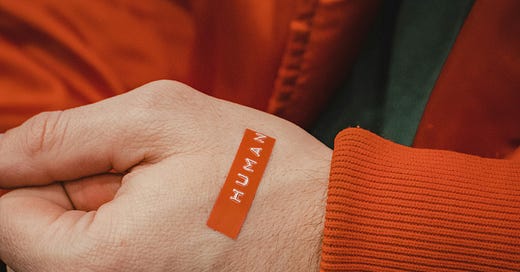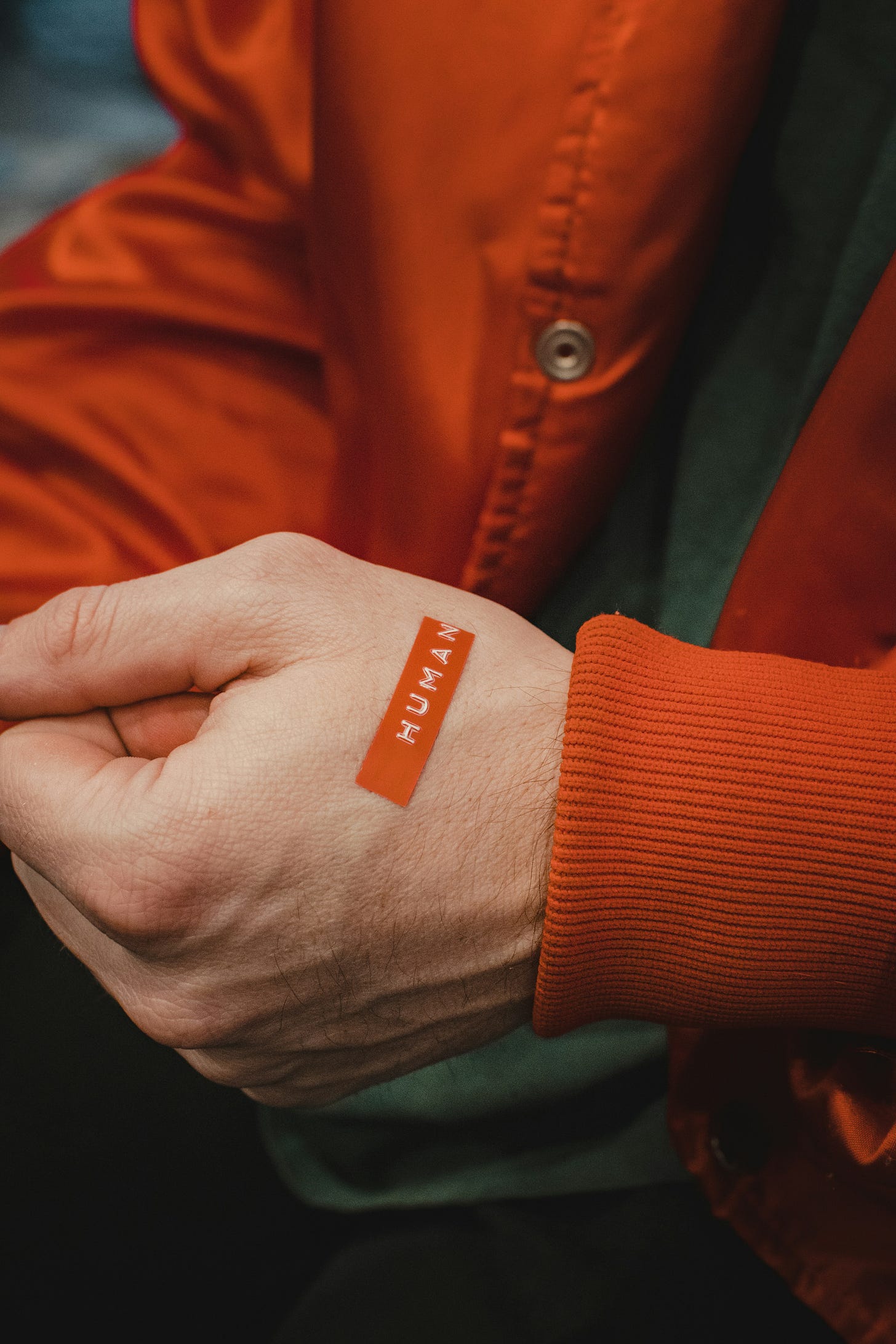The US copyright office just released an official updated report on copyright protections for AI versus human writers, and you can find it here.
For those who may not know the backstory of where this is coming from: Chinese AI program DeepSeek just launched on January 22, 2025, disrupting the US stock market by a staggering $969 billion. That’s right, one company set off a chain reaction that led to tech companies in the S&P 500 dropping by nearly $1 trillion.
Why? DeepSeek is new to the AI competition, but its development cost just a fraction to program and train compared to American competitors. Now, we could get into all sorts of rabbit holes on why this might be (unfair labor practices in China). But according to OpenAI, the Chinese startup used their AI to train the new program.
Now you may ask: You mean to say that a new AI program profited by training itself off of another existing AI program while ignoring copyrights?
To which I might answer: Probably.
The irony here is rich. AI has been blatantly using copyrighted material to train its algorithm, not bothering to get permission from writers. Publishers then jumped in to make some money from this under the guise of fair licensing. HarperCollins lets authors opt in to allow their books to be used for AI training in a licensing deal.
So now we’re in a muddled mess. Are AI outputs under copyright protection?
Some key points from the copyright office’s assessment:
The use of AI tools to assist rather than stand in for human creativity does not affect the availability of copyright protection for the output.
Copyright protects the original expression in a work created by a human author, even if the work also includes AI-generated material.
Based on the functioning of current generally available technology, prompts do not alone provide sufficient control.
What this means: Writers who use AI to assist in their writing can still obtain copyright protections. (Whether or not it’s ethical to write with AI, and to what extent, is another discussion.)
However, simply typing a prompt and using the AI output is not sufficient to count as human writing for copyright protection.
Human authors are entitled to copyright in their works of authorship that are perceptible in AI-generated outputs, as well as the creative selection, coordination, or arrangement of material in the outputs, or creative modifications of the outputs.
The case has not been made for additional copyright or sui generis protection for AIgenerated content.
What this means: human authors are still eligible for copyright protections if their work is included in AI outputs.
Say you type in a prompt for a story about a group of magic users who try to overthrow a dystopian government. Now this is a broad story concept and can be used. However, if AI spits out segments of story that are clearly taken from Brandon Sanderson’s Mistborn series, he’s still protected under his copyright.
Confusing, right? How do AI users know if the output is infringing on another’s copyright?
Now for the second point. AI outputs in and of themselves are not entitled to those same protections. Under the copyright office’s assessment, OpenAI has pretty much lost the case for its generative outputs being protected by copyright.
OpenAI may still pursue its case against DeepSeek. Maybe they argue intellectual property infringement next. For me, this is a bit rich coming from the company that’s facing over a dozen copyright lawsuits stemming from authors and even The New York Times.
For now, human authors are still protected (theoretically), and AI isn’t.
To keep this post from being just a dump on all things AI, I will add that I believe AI can be useful. I posit that perhaps instead of trying to replace our creativity with computers, we should focus our efforts in areas to augment humans—like medical research and advanced medicine. AI can search for patterns and solutions in research environments faster, presenting results for humans to review and consider.
I’ll close with what I believe to be an appropriate proverb:
If you set a trap for others, you will get caught in it yourself. If you roll a boulder down on others, it will crush you instead.
—Proverbs 26:27







Earlier in the month, a “person “ subscribed to me. When I saw the name, it struck me that I should know it. When I realized who it was supposed to be, I thought it was scam and that the writer was dead. I checked and he is 89 and still publishing. The writer’s most famous nonfiction work was turned into an Academy Award Winning movie. But then the writer started a chat with me. And asked me all sorts of questions about writing and publishing and responding quickly in measured style: compound, compund-complex, and in affirmative statements. On the third exchange I began to get suspicious. So I copied and pasted a long response into an AI checker and…yep. AI all the way. I figure it was learning from my experiences so it could spit it back to someone else later. Another of my favorite writers, aged 78, discovered he’s being impersonated on X.
This is so interesting!
One of the branches of my biz specializes in writing for tech companies. One of the clients (my main client) I have is developing an AI certification rn (for governance, data protection, risk management & other tech things)—needless to say AI has been top of mind for me in so many ways for the last couple of years as the news has been unfolding.
This article is great and digestible—I think it's a great neutral jumping off point for convos about ethical v unethical AI use. Good job!